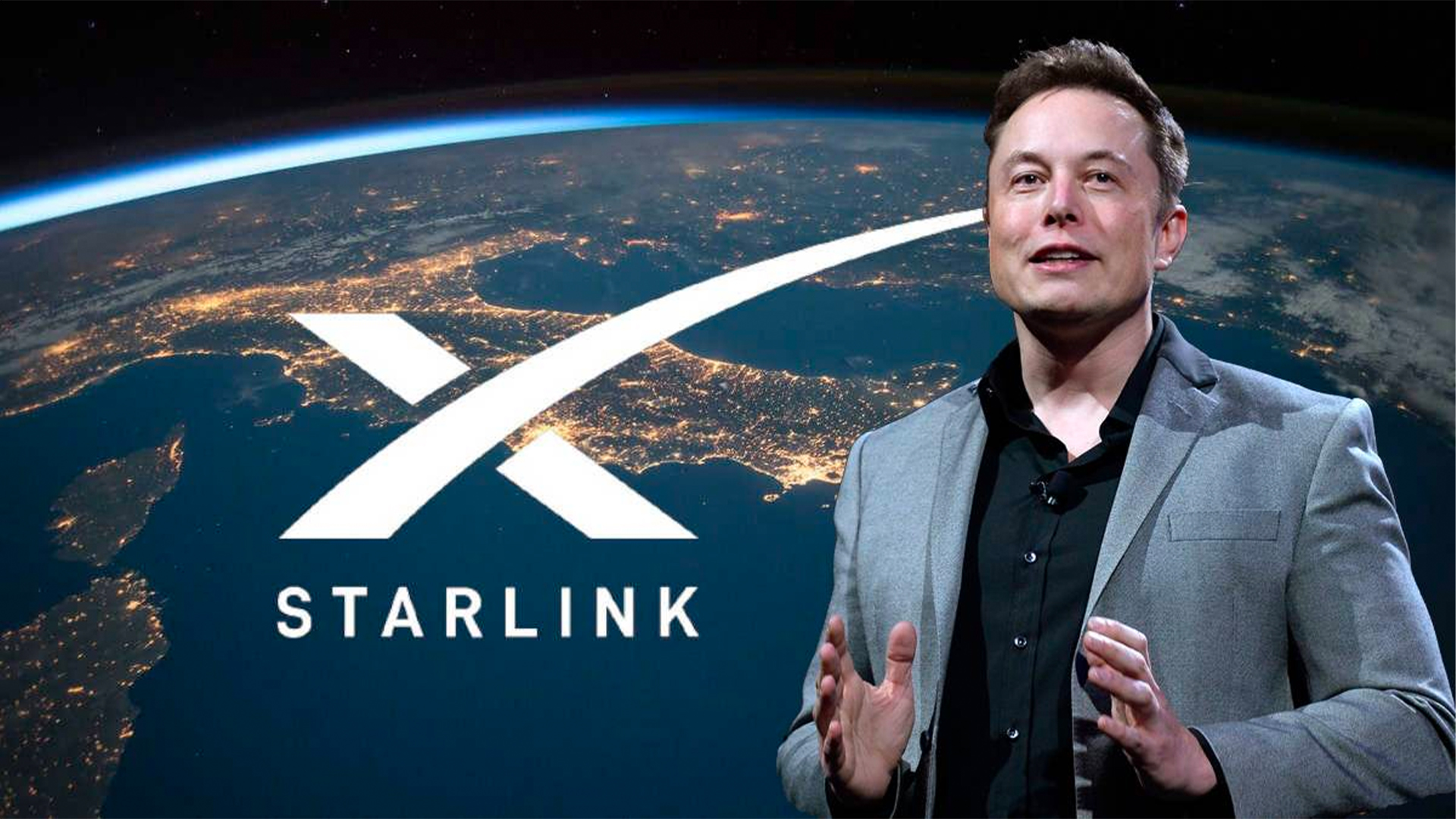Elon Musk’s Starlink satellite internet network is facing growing competition as China-backed SpaceSail and Amazon founder Jeff Bezos’ Project Kuiper push forward with plans to challenge its dominance in high-speed satellite communications.
Since 2020, Musk’s Starlink has launched more LEO satellites than all competitors combined, providing high-speed internet for remote communities, maritime operations, and militaries in conflict zones.
However, with SpaceSail and Project Kuiper entering the fray, Musk’s dominance in satellite internet faces unprecedented challenges.
China’s SpaceSail expands global reach
China-based SpaceSail, controlled by the Shanghai municipal government, has ramped up its international expansion.
In November 2024, it signed an agreement to provide services in Brazil and is now in talks with over 30 countries. By January this year, it had begun operations in Kazakhstan, according to the Kazakh embassy in Beijing.
SpaceSail plans to deploy 648 low-Earth orbit (LEO) satellites this year, with ambitions to launch up to 15,000 by 2030. This would form the Qianfan, or “Thousand Sails,” constellation– China’s first international push into satellite broadband.
Starlink currently operates about 7,000 satellites and aims for a total of 42,000 by 2030.
However, China’s broader plans are even more ambitious, with Beijing targeting the launch of 43,000 LEO satellites in the coming decades. The push is part of an intensified effort to claim orbital real estate and extend Beijing’s digital influence.
As Beijing pours resources into closing the technology gap– publishing 2,449 LEO-related patents in 2023, up from just 162 in 2019– the race for supremacy in the final frontier is set to intensify.
Impact Shorts
More ShortsProject Kuiper and Telesat advancing
Brazil, a key market in South America, is also holding discussions with Bezos’ Project Kuiper and Canada’s Telesat. Reuters cited a Brazilian official involved in the negotiations as confirming that talks were underway.
Brazil’s government has welcomed competition to Starlink, seeking high-speed internet access for remote communities. However, relations with Musk have been strained over issues involving commerce and politics.
Starlink’s military role draws Beijing’s attention
Starlink’s role in Ukraine’s military communications has drawn the attention of China’s military researchers. The Chinese government is significantly funding rival satellite networks to counter Musk’s dominance.
Hongqing Technology, another Chinese player developing a 10,000-satellite constellation, raised 340 million yuan ($47 million) this month from mostly state-affiliated investors. Meanwhile, SpaceSail secured 6.7 billion yuan ($930 million) in funding last year, led by a state-owned investment fund aimed at upgrading China’s manufacturing capabilities.
Race for orbital real estate
“The endgame is to occupy as many orbital slots as possible,” said Chaitanya Giri, a space technology expert at India’s Observer Research Foundation. China’s aggressive satellite launches and SpaceSail’s global ambitions indicate a clear strategic push to establish dominance in LEO space.
Industry experts say the satellite internet market is shaping up to be a “wild west” scenario, where early movers are racing to secure key orbital positions before stricter regulations come into play.


)

)
)
)
)
)
)
)
)



